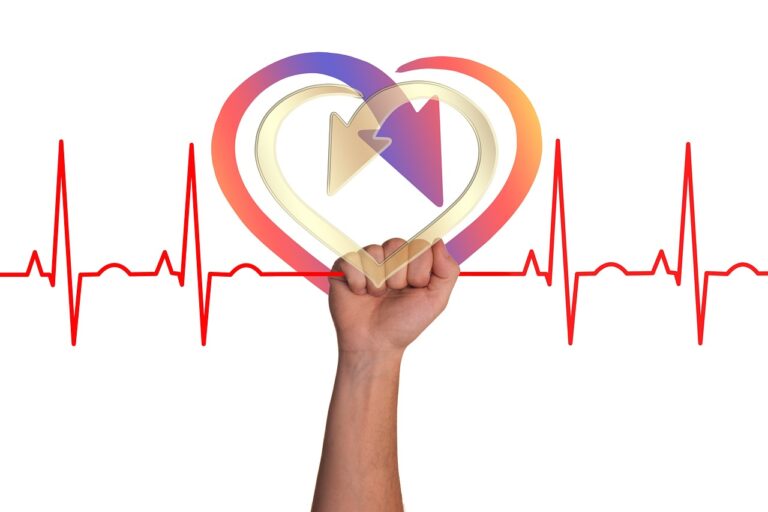The Importance of Regular Blood Pressure Checks
High blood pressure, also known as hypertension, is often referred to as the “silent killer” for a good reason. When left unmanaged, high blood pressure can lead to serious health complications. Ignoring the warning signs can increase the risk of heart disease, stroke, kidney damage, and other potentially life-threatening conditions.
Individuals with untreated high blood pressure are also at a higher risk of developing peripheral arterial disease, which affects blood flow to the limbs and can lead to serious complications such as gangrene. Additionally, hypertension can weaken the blood vessels in the eyes, potentially causing vision problems or even blindness. It is crucial to monitor blood pressure levels regularly and seek medical advice to prevent these risks from escalating.
The Link Between High Blood Pressure and Heart Disease
High blood pressure, also known as hypertension, is a common condition that affects millions of people worldwide. It occurs when the force of blood against the walls of the arteries is consistently too high. Over time, this increased pressure can lead to serious health complications, particularly concerning the heart.
When left uncontrolled, high blood pressure can significantly increase the risk of developing heart disease. The constant strain on the heart from pumping blood against elevated pressure levels can lead to various cardiovascular issues, such as atherosclerosis, heart failure, heart attack, and stroke. Therefore, it is vital for individuals with high blood pressure to actively manage and monitor their condition to prevent the development of heart-related complications.
What is high blood pressure?
High blood pressure, also known as hypertension, is when the force of blood pushing against the walls of the arteries is consistently too high.
How does high blood pressure affect the heart?
High blood pressure puts extra strain on the heart, causing it to work harder than normal. This can lead to various heart conditions, including heart disease.
What are the risks of ignoring high blood pressure?
Ignoring high blood pressure can lead to serious health problems, such as heart attacks, strokes, kidney disease, and heart failure.
How can high blood pressure be prevented or managed?
High blood pressure can be prevented or managed through lifestyle changes such as maintaining a healthy diet, exercising regularly, managing stress, and avoiding tobacco and excessive alcohol consumption.
How often should I have my blood pressure checked?
It is recommended to have your blood pressure checked at least once a year, or more frequently if you have risk factors for high blood pressure or heart disease.





